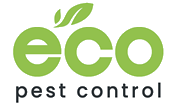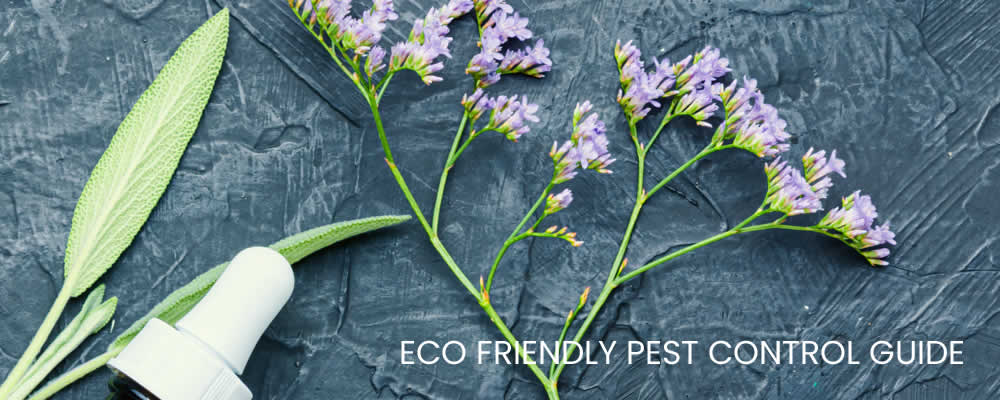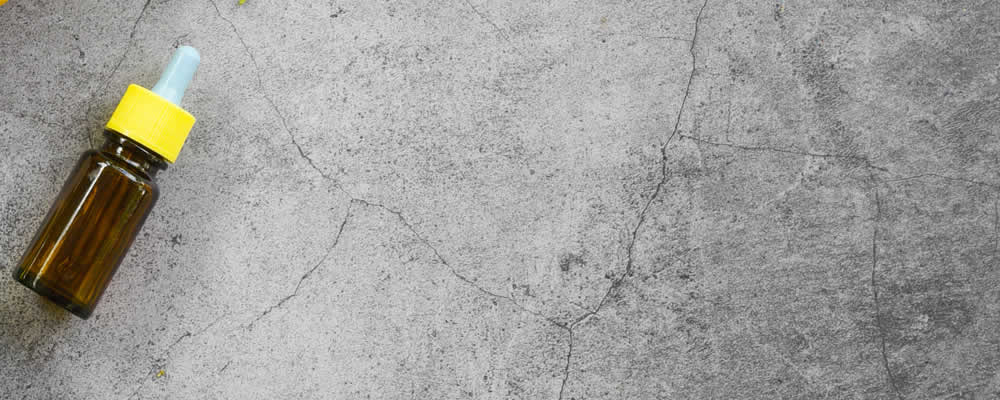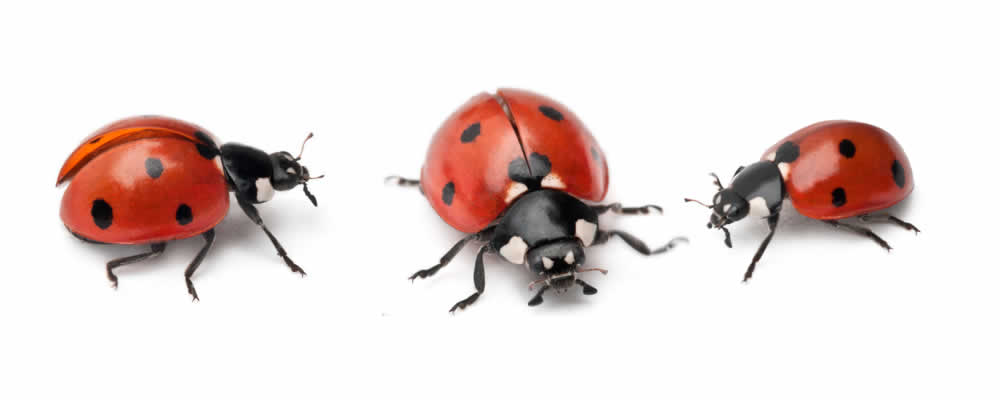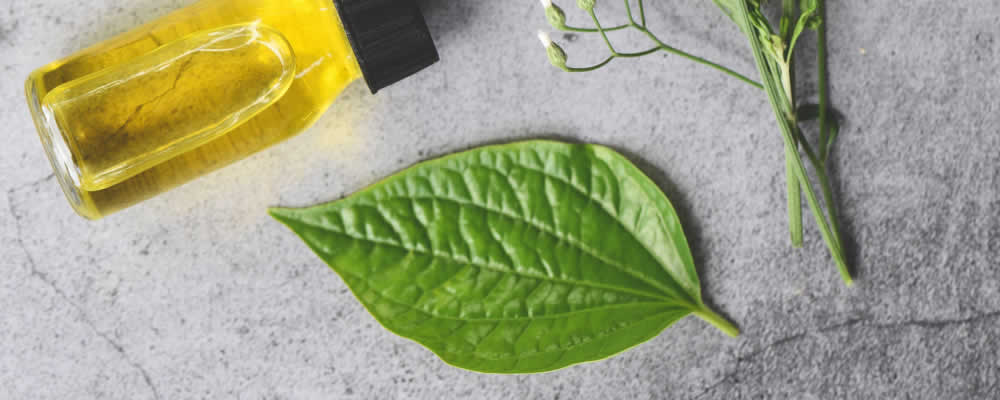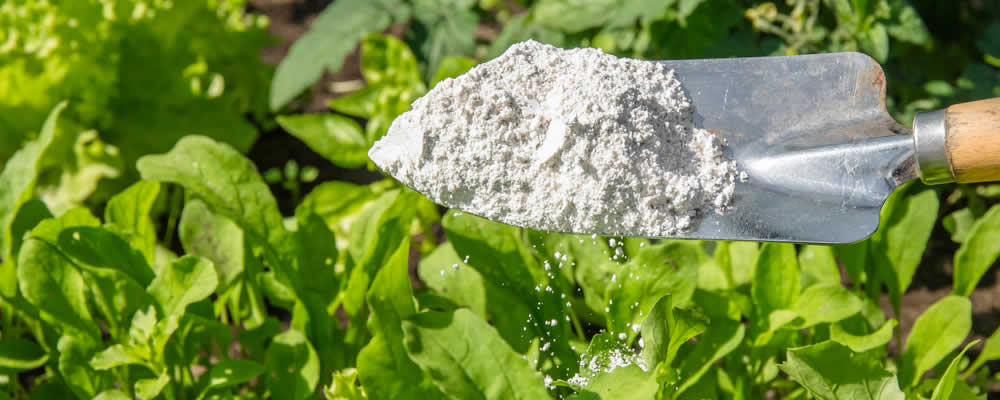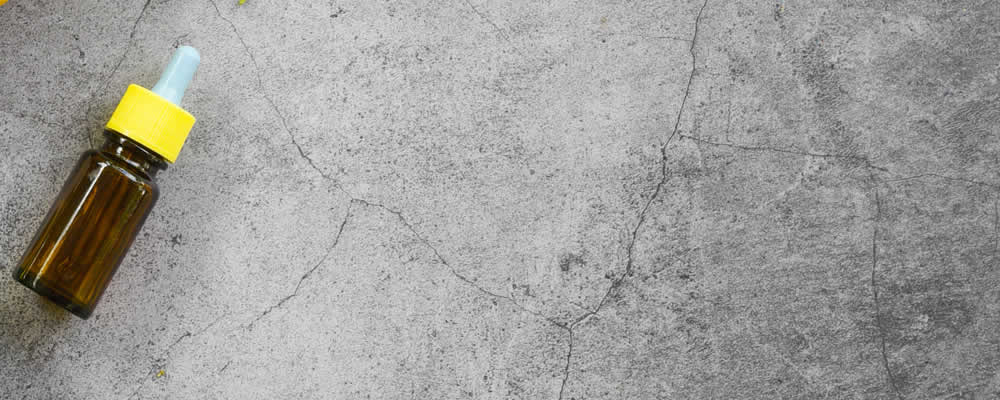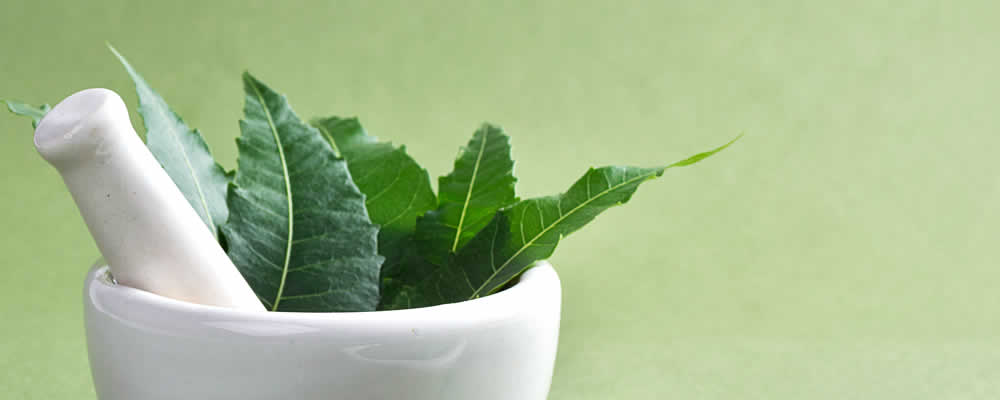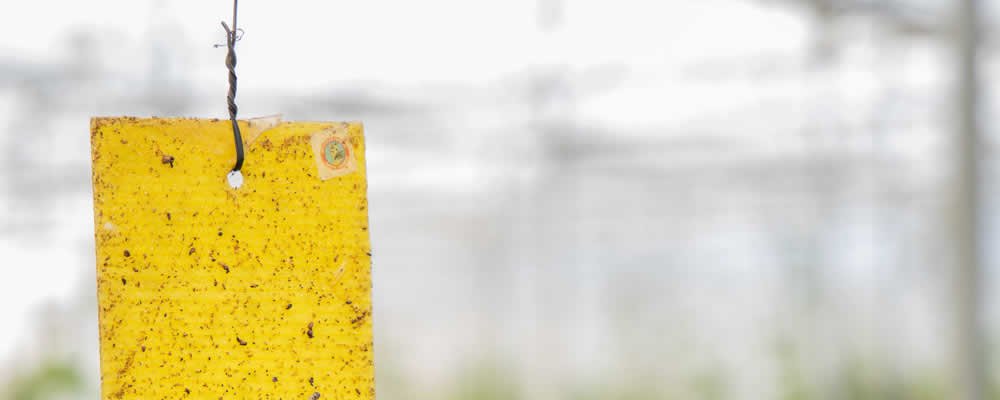The Eco-Friendly Pest Control Guide
Eco Friendly Pest Management
Nature has a way to balance itself. If there is an infestation, nature generally has a method to counter it. Homeowners use even more pesticides than farmers, and the chemicals find their way into the soil. However, for every pest, there are solutions for you to naturally counter it, without resorting to chemicals. This eco friendly pest control guide will tell you everything you need to know so let’s get into it.
Benefits of Eco-Friendly Pest Control
Eco friendly pest control uses little to no chemicals in its formula, meaning that it is the better option for the environment. As you probably know, if used on a larger scale, chemical pesticides can get into the soil and affect it. The team at Eco Pest Control Brisbane have put together our best earth friendly tips and recipes to help you manage pests.
Plus, eco friendly pest control measures are less harsh on the skin and emit less odour. They will also keep the plants safe, improve the quality of life in the long run, while protecting your health. Whether it involves your health or your pets, these pest control methods are typically safe.
Pest Control Prevention Tips to Consider
The best way to keep pests out in an eco way is to prevent their apparition altogether. There are various ways for you to control any potential infestation before it even begins to spread. Here are a couple of tips that you should keep in mind:
-
Identify the Pest You’re Dealing With
The first thing that you should do is to determine what you are dealing with. No two pest control options will work the same on every pest. As a result, by identifying the potential pest problem, you can come up with a battle plan to keep it away. Different pests need different measures to be kept at bay.
-
Block or Seal Entry Points and Make Your Home Pest Proof
To prevent a pest infestation, the obvious thing for you to do is to prevent its entry into your home. If there are any cracks in your walls, your floors, or even your roof, you must make sure you seal them. Take a look at the windows and doors as well – do you see any spots from where they can enter. If needed, you may even use sealant around them. Insect nets around the windows and doors will also go a long way to keep the pests out.
-
Disinfect and Clean
Gardening tools can carry pests from one plant to another – and these pests will be too small for the average eye to see. They will latch onto the tool, “travelling” onto the other plant, and so on until you have a full-blown infestation on your hands.
To prevent this from happening, you should always disinfect and clean the tools when moving from one section to the other. This way, if there are any pests in one area, at least you will not be moving them to another “fresh” area. This way, you will be keeping the infestation under control.
-
Control Water Sources
A lot of pests are attracted to humid areas, so you might want to control the water sources. Make sure there aren’t any leaks in or around the house. Install a drainage system that will take rainwater away from your home. If the soil around your home has proper humidity levels, then the majority of the insects will no longer feel as tempted to stick around.
-
Use Traps
Traps can go a long way in preventing an infestation. These pest control traps will either catch the pest on the spot or will poison it and cause it to kill the rest of its nest. There are multiple traps that you may use to only capture the pest rather than kill it (for instance, mouse traps that enclose around the animal). This will allow you to catch it and then release it somewhere away from your home.
-
Cedar Oil
Most insects hate cedar oil and will go out of their way to avoid it as much as possible. The scent is way too strong for them, so they’ll be repelled the moment they come into the vicinity. Plus, cedar oil is non-toxic, meaning that it will not cause any harm to your home. You can make a cedar oil spray and spritz it wherever you feel it’s necessary. This can be anything from your plants to your pet bedding.
-
Use Seaweed Mulch or Spray
Seaweed mulch contains a variety of minerals that can be very helpful to your plants, including zinc, iron, barium, sulphur, calcium, and magnesium. With these in the soil, your plants should be able to grow nice and beautiful, since they act as fertilizers.
Moreover, seaweed mulch works as a pest repellent for slugs. Plus, as it allows the plants to grow stronger, it will make them more resistant to disease. In case you cannot get your hands on mulch, you can also add seaweed fertilizer in a spray and apply it to the plants.
-
Interplant and Rotate Crops
In many cases, insect infestations are plant specific. They see a bigger patch of plants where they can feed, and they will make that area their home. They typically do not like it when other plants are ruining their “home sweet home.”
So, in order to avoid any potential infestation, you may want to interplant your crops. Also, in case there are insects that have wintered in the bed, you may want to rotate the crops as well. This way, they will probably be less likely to breed and spread.
-
Plant Herbs
When you are planting crops or trying to keep pests away, you might also want to consider adding certain insect-repelling herbs around. For example, plants such as mint, basil, chives, lavender, or rosemary are natural insect repellents and will prevent the pests from setting home in your garden bed.
You may interplant the herbs or, if you want to keep the pests away from your home, you may want to keep these herbs in pots. Place them at entries such as windows or doors, as they will prevent the insects from coming through.
-
Encourage Other Animal Enemies
You may not like snakes, but in truth, some of them can be pretty harmless. For example, a garden snake would rather run than actually try to attack a human. The chances are that you won’t even see them there, and they won’t even affect your garden.
Instead, they will go around your garden hunting for other pests such as rodents, grasshoppers, slugs, and many more. They’ll help you control your pest problem, and you won’t have to resort to chemicals.
Beneficial Insects for Eco Friendly Pest Control
There are pests – and then there are beneficial insects. Not all insects are bad for your home, and some may even protect it. Some good insects will allow you to maintain a natural order in your home and garden, preventing pests from dealing too much damage. So, here are the beneficial insects that you may want to have around.
-
Ladybugs
Ladybugs are as efficient as they are cute. They may look harmless, and they may seem to spend all of their time on leaves, but they are no plant-eaters. In fact, ladybugs prey on mites, aphids, scale, and whiteflies – all of which may be harmful to your home and garden. To reduce the apparition of these pests, you may want to make sure you have enough ladybugs around.
You may buy and spread ladybugs, but the best way to conduct pest control is to attract them into staying there. Plants from the daisy family will attract ladybugs, and so will yarrow or tansy. With ladybugs around, you do not need to worry about aphids and other similar insects compromising your garden.
-
Praying Mantis
You heard about these insects – and you also probably know what they eat. Considering that the female praying mantis is notorious for eating its male, you can expect that it probably won’t be chewing on your plants. Instead, it will focus on most of the other garden pests – since it’s not exactly picky.
Plus, the praying mantis has no venom and does not sting either, meaning that it will pose no danger to humans and pets. You can buy praying mantis eggs online, spread them around your garden and allow them to hatch. Once they do, they’ll deal with your pest control problem for you.
-
Nematodes
Nematodes are worms that are harmless to humans and pets but are very effective against cutworms, root weevil larvae, and beetles. They are microscopic and will not harm your garden. Instead, they will attack the pests that will prevent the growth of your sprouts.
-
Hoverflies
While hoverflies are attracted to composite flowers such as asters, yarrow, and goldenrod, they are harmless for gardens – but deadly to some pests that may harm various plants. They have a particularly large appetite for aphids. So, if you often deal with aphid infestations, you might want to plant the seeds of the flowers that attract hoverflies.
-
Lacewings
Like hoverflies, lacewings are also attracted to composite flowers and are also avid aphid consumers. You can either buy lacewing insects from a store, or you may plant yarrow or other similar plants to attract them into your garden.
-
Ground Beetles
Some beetles must be kept away from the garden, but not the ground beetle. Both larvae and adults are great natural pest control elements. They will consume a variety of pests such as caterpillars, thrips, slugs, weevils, and silverfish.
Non-Toxic Homemade Pest Control Remedies
As already mentioned, chemicals can be harmful to the plants and the soil, which is why you may want to try homemade prevention options first. Here are some more eco friendly solutions for you.
-
Rhubarb Solution
Rhubarb tea is a great homemade remedy when you are dealing with insects such as whiteflies, cabbage worms, aphids, or spider mites. Take 500 grams of rhubarb and boil it in a couple of pints of water. Once it cools, add the tea to a container and spray it on the leaves and plants around your garden.
-
Garlic Tea
Garlic tea is a good homemade remedy to keep insects such as June beetles, aphids, spider mites, and thrips away. Take a full head of garlic and add it to a pot containing 4 cups of water. The tea should seep for at least 24 hours before you use it on the plants.
-
Basil Tea
If you want to get rid of aphids and flies, then you might want to try basil tea. Add about 10-12 basil leaves to four cups of boiling water, and then allow the concoction to sit until it cools. Place it in a container and spray it over your plants and garden.
-
Epsom Salt Formula
Epsom salt formulas are a good option when you are dealing with mildew, black spots, rust, and wilt. But it will also work against beetles and other garden pests. Mix around one cup of Epsom salt with around 5 gallons of water. Use a pump sprayer to spray it over your garden.
-
Peppermint Tea
To prevent an ant infestation, you could spray some peppermint tea around. Used in mothballs, it can also work to deter rodents. Add a couple of peppermint leaves in one pot of hot water, let it steep for a while, and then spray it in the problem areas.
-
Baking Soda Solution
Furthermore, if you are dealing with fungal diseases, a baking soda solution might keep things under control. Add two tablespoons of baking soda per gallon of water and put the mix in a spray container. Apply it on the affected area every few days until it clears.
-
Diatomaceous Earth Mix
If you are dealing with slugs, earwigs, and other soft-bodied pests, then you could try diatomaceous earth that you can mix with some baking soda. It will harm the exoskeleton of the insect, killing it, allowing you to control the problem before it gets out of hand.
-
Neem Oil
If you have a grub problem, you might want to try neem oil. To create an eco neem oil pesticide, you should mix one gallon of water with two tablespoons of neem oil. For an even better effect, you should also add rosemary and peppermint essential oil – one teaspoon each.
-
Cedar
Cedar can repel a variety of insects, but it’s particularly effective against silverfish. To make an efficient pest control solution, dilute one teaspoon of cedar oil per one cup of water. To make the solution more powerful, you could also add some witch hazel to the mix.
-
Soy Sauce and Oil Containers
Earwigs are fans of soy sauce, so you may want to get a mason jar and mix equal parts of soil sauce and oil. Poke some holes the size of the earwig into the lid and bury it into the ground until just the lid is visible. The earwig will get into the container and be unable to get out because of the oil.
-
Cayenne or Hot Pepper Sauce Solution
If you are dealing with spider mites and other similar insects, then you could take a quart of water and mix it with two tablespoons of cayenne or hot pepper sauce. For a better effect, add just a couple of drops of ivory soap. Ideally, it should sit overnight, then you can stir it and add it to a spray container.
-
Garlic and Dish Soap
Lastly, if you are dealing with a Japanese beetle problem, you can try a garlic and dish soap mix. Add 5 garlic cloves into a cup of water and finish off with a few drops of dish soap. It will efficiently work to both kill and repel Japanese beetles.
Other Natural Pest Control Tips
When dealing with a pest issue, you need to cover every detail possible. Here are some eco friendly tips to ensure natural pest control.
- Repair any leaking pipes around the house. Most pests like humidity and will gather around it.
- Take the trash out regularly to prevent it from attracting pests. When indoors, keep a lid on the trash.
- Don’t leave the food dishes of your pets outside. They will attract other insects, rodents, or even bigger pests.
- Install a dehumidifier to get rid of excess humidity from your home.
- Keep the place clean. Pests are attracted to clutter, as they can hide behind it.
- Keep the garden nice and trimmed and mow the lawn. This will make it less tempting for pests to settle.
- Use caulk on cracks around the windows and doors. This will prevent insects from getting in.
- Keep the firewood away from the home and above ground. This will prevent wood-eating pests from appearing.
In most cases, regular inspection will help prevent an outbreak. So, always keep an eye out for pests.
Pest Control Traps and Barriers to Consider
Traps and barriers are a good eco friendly way to catch potential “scouts” and prevent an infestation from occurring. Here are some ways to trap insects without affecting the soil in your garden.
-
Pheromone Traps
Pheromone traps release the biological mating scent of an insect, luring it into a trap with a sticky surface. Once the insect gets in, it will not be able to get out and it will die there. Since these eco friendly traps have the purpose of attracting the insect, they should not be near the house.
-
Rat Traps
Rat traps are a better option than rat baits. The problem with these poisonous baits is that the rats may not be the only ones to eat them; your pet may too. Even if they do not eat the bait directly, they may eat the poisonous rat and be affected. This is why a rat trap is a better solution, as it captures the rat instead.
-
Yellow Flypaper
Whether you are dealing with flies in the house or whiteflies and aphids outside, good old yellow flypaper can help you out. The insects will stick to the surface and won’t be able to get away.
-
Apple Maggot Traps
Apple maggots are highly destructive, and once they settle in one tree, it won’t be long until they ruin your whole apple production. This is why apple maggot traps are so convenient. Hang one for every 100 apples within a tree, and the apple maggots will become instantly attracted.
-
Cloches
Cloches cover your plants and protect them from potential infestations. Indeed, cloches have to be opened for watering and during hot days, meaning that the pest will have a window of opportunity to get in. However, the cloches will also strengthen the plants, making them more resistant to disease.
-
Floating Row Covers
Unlike cloches that go over just one plant, floating row covers will go over the whole row like a blanket. This way, the sunlight and water may go through, but the insects will stay out. Plus, since the material is lightweight, it will just move along with the growing plant.
-
Barrier Paper
Barrier paper can efficiently protect your sprouts against cabbage moths. By putting the barrier paper around the plants, the moths will no longer be able to lay eggs against the base of the stem. The good thing is that you can just leave it there – the plant will simply push the barrier around as it grows.
Pest Control Control for Other Specific Pests
Certain pests will need specific solutions. So, if you deal with one of the pests below, here are some eco friendly control methods you could use:
Cockroach Pest Control
The best way to kill roaches is to destroy their exoskeleton. Diatomaceous earth and baking soda can take the moisture out upon contact, killing the roach. Cockroaches also hate certain essential oils such as lavender, eucalyptus, peppermint, or tea tree, so make sure to stock up.
Spider Pest Control
Spiders hate strong scents such as citrus, vinegar, or mint. Diatomaceous earth can also help you control an infestation, as it basically “dries out” the spider. Also, by controlling other pest infestations (i.e., flies), you will make it less tempting for spiders to set camp in your home.
Rodent Control
Rodent traps represent an efficient way to conduct rodent control, but these will only address a current infestation. To prevent a new one, use ingredients such as hot sauce, cayenne pepper, essential oils, and vinegar. Rodents are sensitive to strong scents.
Flea Control
Fleas hate scents such as rosemary and lemon, so you may want to make a spray out of these two essential oils to control the situation. If the fleas are already in, sprinkle some diatomaceous earth, salt, or baking soda on the rug. If it comes in contact with the flea, it will dry out its exoskeleton.
Ant Control
White vinegar kills ants and keeps them away. To prevent an infestation, you should consider using a white vinegar solution to clean your home. Also, make sure that your home is always disinfected and clean, as it won’t attract ants this way.
Conclusion
All the tips mentioned above are efficient IPM solutions for eco friendly pest control. Whether you go for professional pest control or not, you must make sure the pest stays out in the first place. Keep the place clean, reduce the clutter, use the right tools (and clean them afterwards), and make it appear less cozy for the insect. If it’s necessary, you may use some natural pest control solutions that will keep the pest away but won’t harm humans, pets, or the environment.
